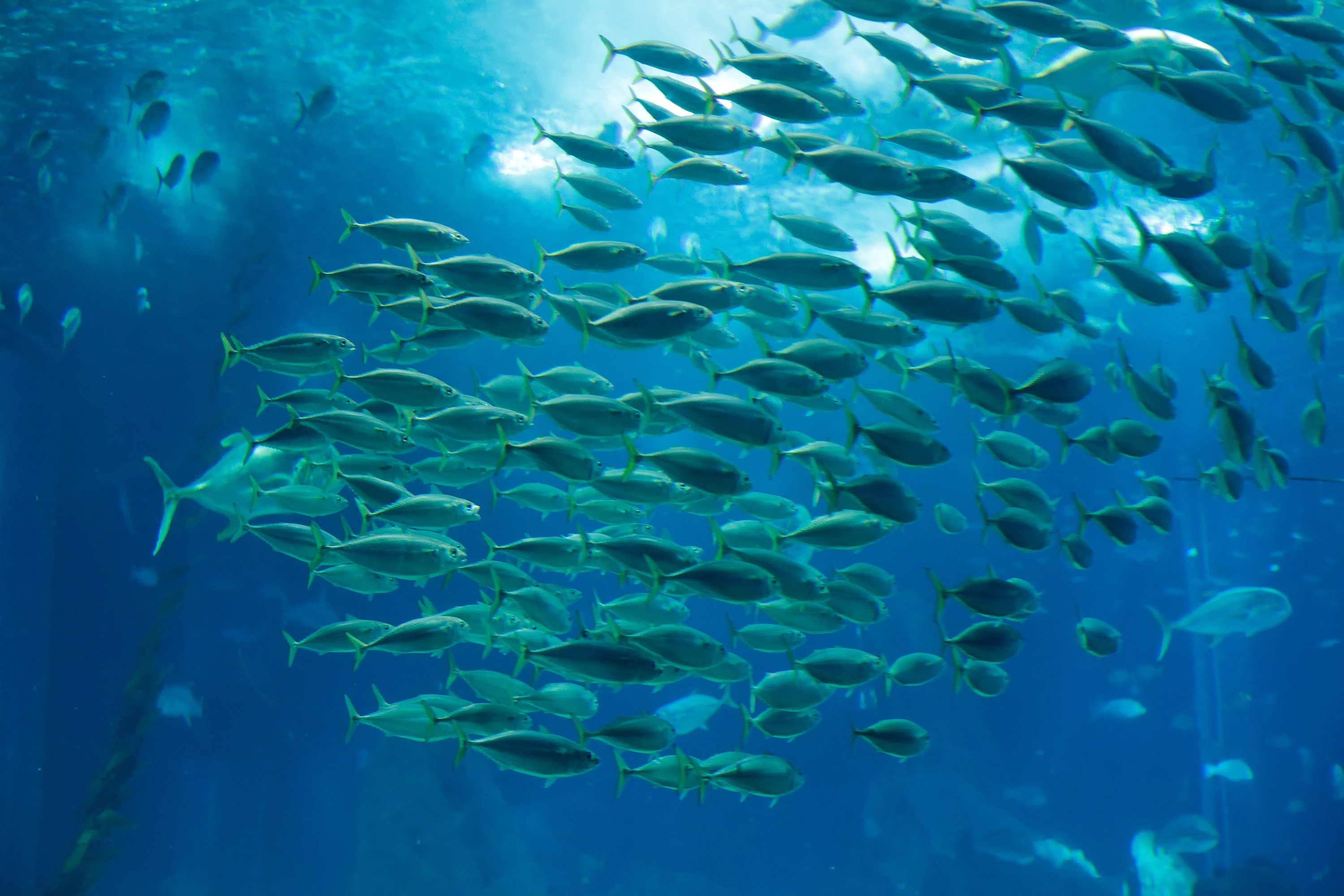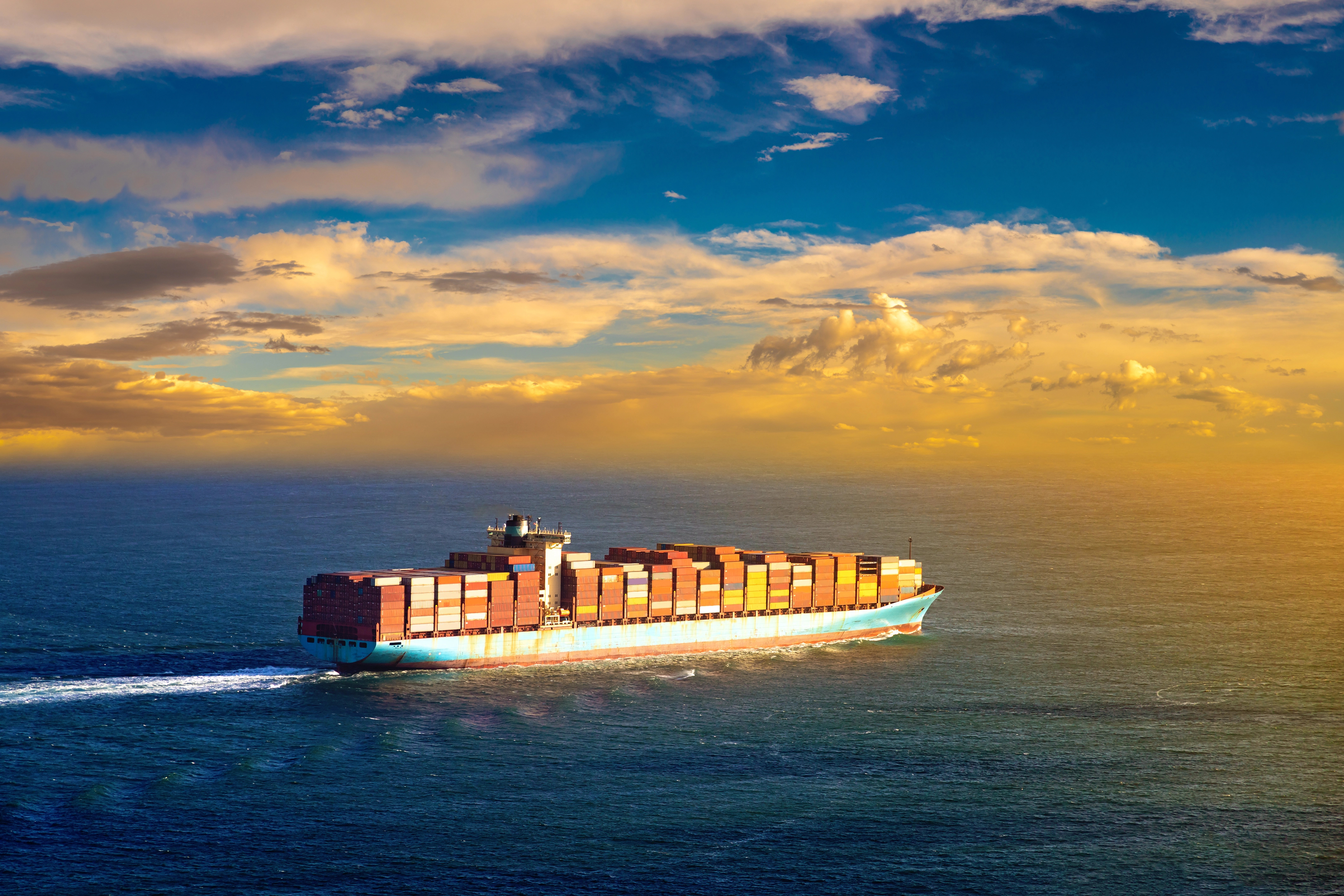Geopolitical turmoil, decarbonisation goals and industry consolidation will test the island’s role as a global hub, but also open new lanes for growth
By John Ioannou
As this year’s Cyprus Maritime Conference kicks off, the global shipping industry faces no shortage of risks and rewards, opportunities and threats. Geopolitical turmoil, decarbonisation efforts and industry consolidation are key forces shaping the future. Cyprus, as the largest third-party ship management centre in the European Union and one of the top three globally, plays a pivotal role in the maritime sector – yet remains vulnerable to external shocks.
The Trump administration’s erratic tariff policy may offer short-term gains for freight carriers, as businesses accelerate pre-orders to hedge against looming price rises, but this surge could be short-lived. Analysts anticipate economic downturns in both Europe and the US next year, with freight earnings likely to be impacted as consumers feel the squeeze of tariff-driven inflation.
Key EU economies are already slowing sharply and face further headwinds. German manufacturing for instance, has lost access to cheap Russian gas and is now committed to buying $750 billion worth of costly US energy products over the next three years. This huge surge in fuel shipping presents opportunities for some carriers but will increase carbon emissions as the industry struggles to meet the International Maritime Organisation’s (IMO) climate targets. Meanwhile, fears of a debt crisis are mounting as US borrowing surpasses $37 trillion.
A potential default would eclipse the shock of the 2008 financial crisis, reverberating for decades as the world economy tries to rebalance.
Wars in Ukraine and Middle East also continue to rage, while other flashpoints – such as Venezuela – simmer dangerously. Israel’s 12-day war against Iran in June was reportedly halted by US intervention after Tehran threatened to close the Strait of Hormuz, a move that would have disrupted vital shipping routes through the Persian Gulf and sent energy prices soaring. In the absence of effective diplomacy and amid a growing disregard for international law, it is difficult to see these conflicts de-escalating anytime soon.
Nevertheless, the biggest challenge facing the maritime industry is decarbonisation.
Under the IMO’s Net Zero framework, shipping aims to achieve climate neutrality by 2050, yet major bottlenecks persist in the availability and scalability of alternative fuels and propulsion systems to replace hydrocarbons. Shipowners have already borne the high cost of retrofitting carbon scrubbers to comply with IMO sulphur emission regulations, and there’s no end in sight to these regulatory-driven expenses. Any newly built vessels will now need to be low-carbon by design, and liquefied natural gas (LNG) has emerged as the leading choice for new ship orders. In 2024 alone, over 260 LNG-fuelled vessels were ordered – more than double the previous year – making up a significant share of the global orderbook. LNG is widely considered a transition fuel: while not carbon-neutral, it offers lower emissions and compatibility with existing infrastructure, helping bridge the gap until more sustainable solutions become viable. These future alternatives may include synthetic fuels, electric propulsion for smaller coastal vessels and even nuclear power.

The enormous challenges of net zero is becoming increasingly apparent, with leading industry figures questioning the feasibility of targets they view as unrealistic. Christopher Wiernicki, CEO and chairman of American Bureau of Shipping – the leading classification society for US-flagged tonnage – recently voiced these concerns: “Quite frankly, achieving net zero for shipping by 2050 looks like a wildcard,” he said.
“The industry needs a framework, but we need one that marries ambition with reality”. Wiernicki believes shipping is being pushed toward alternative fuels when they are simply not available in large enough volumes to run the world’s fleet. “The IMO needs to pause and rethink to get this right. There is no clear pathway for green fuel availability and scalability, and infrastructure support” he said.
In Europe, Wiernicki’s statements were echoed by DNV Maritime’s CEO Knut Orbeck-Nilssen in their ‘Forecast to 2050’ report, where he called for a more realistic approach and greater clarity around LNG’s future acceptance to mitigate risks for shipowners who have already invested heavily in LNG as part of their decarbonisation strategies. Striking a pessimistic tone, he suggests that many owners will simply be unable to meet the requirements. “Owners will probably just sail and pay, as the alternatives are not that easily obtainable” he said, referring to the heavy penalties firms could incur for falling short of decarbonisation targets.
The high cost of compliance with IMO’s Net Zero Framework has triggered a wave of mergers and acquisitions, as maritime firms seek economies of scale to absorb rising regulatory expenses. The industry has also attracted growing interest from private equity and venture capital, with funds acquiring family-owned assets and consolidating them into diversified fleets. Armed with huge pools of unallocated capital – or ‘dry powder’ – these investors are targeting undervalued assets with potential for operational improvement. In a highly fragmented sector dominated by smaller shipowners, ageing vessels, and under-capitalised operators, overcapacity has long suppressed margins.
Now, with increasingly complex and costly environmental regulations, many smaller owners find themselves unable to keep pace – creating a steady supply of willing sellers. Moreover, second-generation shipowners, often less committed than their predecessors to the volatile business of vessel operations, are divesting hard assets and moving toward more lucrative areas such as ship finance and brokering. The decline of family-owned firms and the rise of impersonal corporate HR practices has also had a disorienting effect on seafarers, deepening the crewing crisis and prompting many to abandon the profession entirely.
In Cyprus, the shipping cluster is evolving to meet the demands of a decarbonising industry. Limassol’s ‘Big Three’ – Bernhard Schulte (BSM), Colombia Group and Marlow Navigation – are actively adapting through a blend of low-carbon fuel adoption, digitalisation, and crew upskilling.
Under veteran CEO Ian Beveridge, BSM is investing in low carbon technologies with recent orders of Liquid Carbon Dioxide (LCO₂) tankers. These vessels, equipped with wind-assisted rotor sails and air lubrication systems, are expected to achieve a carbon footprint approximately 34 per cent lower than conventional ships powered by traditional marine fuels.
BSM has also placed orders for LNG dual-fuel car carriers from Mitsubishi Shipyards, reinforcing its commitment to transitional fuel technologies. In parallel, the company recently launched its Fleet Performance Centre (FPC) – a specialised department comprised of senior mariners, naval architects, engineers and data analysts. “FPC is designed to optimise vessel performance and drive decarbonisation by improving voyage efficiency, environmental sustainability and compliance,” said Beveridge in a recent release.
Columbia Shipmanagement is following a similar trajectory, having acquired EmissionsLink – an onboard platform designed to streamline emissions management and ensure compliance with the IMO’s Net Zero Framework. Columbia is also investing in crew upskilling, with expanded training programmes focused on practical competencies for operating dual-fuel vessels.
Likewise, Marlow Navigation is preparing its crew for low-carbon technologies through strategic investments in United Maritime, its training centre in the Philippines. In collaboration with Denmark’s Green Marine – specialists in maritime transition solutions – Marlow now offers specialised training in methanol dual-fuel technology. Green Marine has constructed a fully operational dual-fuel diesel methanol engine room at United Maritime, complete with the auxiliary machinery found onboard vessels. This facility is unique in the Philippines and among only a handful worldwide.
Smaller players in the Cyprus cluster may struggle to meet the challenges of regulation, but one family-owned firm is weathering the storm with resilience and vision.
Mastermind Shipmanagement, still owned and operated by the Adami family, has begun renewing its fleet with an ambitious series of 43,000-ton vessels from Huanghai Shipyard, marking a significant milestone in its expansion strategy. These newbuilds feature advanced energy-efficiency systems and emissions-reducing technologies, aligning with global sustainability standards. Mastermind is also investing heavily in cadet training through its innovative ‘floating university’ – a seagoing school that operates alongside its commercial fleet. This people-centric approach is attracting experienced seafarers seeking stability and purpose in an increasingly corporate maritime landscape.
Looking ahead, Cyprus shipping will continue to confront many of the same structural challenges, with an ongoing need for evolution, resilience and strategic adaptability. Consolidation is likely to continue, favouring larger players who have the scale and resources to absorb the rising cost of decarbonisation. As such, a bigger role will be played by private equity, with the further disappearance of family owned firms and increased corporatisation. Global geopolitical instability is also unlikely to abate, and with the Trump administration still in the first year of its term, the potential for further economic turmoil is high.
And yet, there may be some tailwinds. Decarbonisation targets could be reassessed as the high cost of net zero becomes apparent, giving owners some much needed breathing space, and the move away from US hegemony and toward multipolarity will give rise to new trade blocs and corridors such the Belt and Road initiative, BRICS expansion, and African Continental Free Trade Area. Maritime routes and port investments are already reflecting this shift, with growing emphasis on South-South trade, and improved infrastructure in Asia, Africa and Latin America.
The maritime industry is no stranger to storms, and while the seas ahead may be choppy, they’re not uncharted. The sector has weathered wars, oil crises, regulatory upheavals and technological revolutions before, and with a proven track record of problem solving and innovation, is well positioned to tackle today’s challenges and remain a key player in shaping the next economic era.
John Ioannou is a Senior Consultant in the Cyprus Maritime Sector with 25 years of experience






Click here to change your cookie preferences